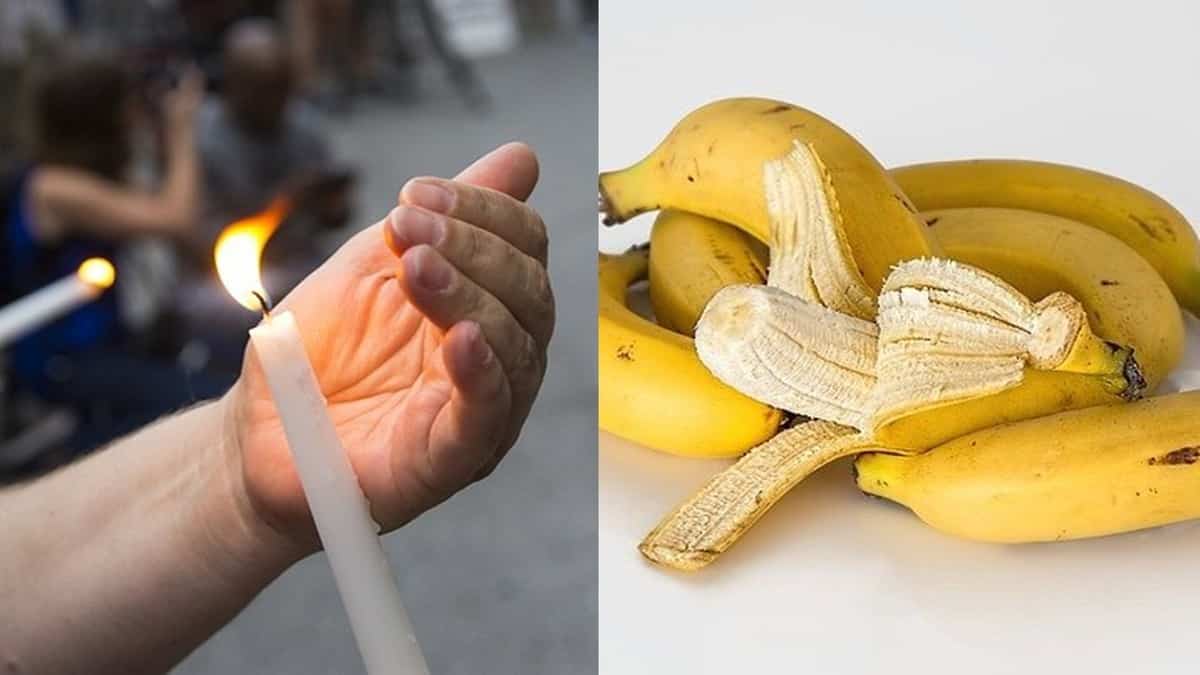Comment. Popular German rap lives from a realness narrative that also confirms the arrest warrant, but on his new album he negates the promise that goes with it.
German-speaking rap has been frequenting the German charts for a long time, which is primarily due to a very young target group, which, thanks to mainstream rappers, can now list all luxury fashion brands. Capital Bra and Co. whisper through the loudspeakers in shisha bars and at graduation parties on pleasant beats, hardly understandable through auto-tune, something from Aventador or Louis Vuitton and thus create a modern image that testifies to success and style should. Meanwhile, those who, like Gzuz and Bonez MC, report on a past in the drug milieu and keep telling the same story à la “I come from the bottom, but thanks to hard work I’m now at the top” are considered to be particularly “real”. The Brazilian soccer player Neymar is such a popular hip-hop motif for a reason, because he once played football in the favelas of Rio de Janeiro and is now the most expensive player in the world.
All of this should convulsively show young people that anyone can do it, if you just make the right effort and have the necessary pinch of talent. This role model function, which is extremely geared towards materialism, by holding the Rolex in front of young people’s noses and pretending that an expensive watch would make life worth living, is more penetrating than ever. Arrest warrant explains on “The Black Album” why this image is kept so convulsively and brings it to collapse in the process. In “Broken Elevators” the Offenbacher finds a perfect metaphor for the failed promotion promise, which should show young people from the prefabricated housing estates with ailing infrastructure the fast way up. “Where they live, it smells of orchids / Doctor’s area, where professors live / Where we live, everyone wants to get away from here / But the Ford Mondeo tank doesn’t take us away from here,” is how the arrest warrant describes the diverging people Realities of life within the same city. Instead of being proud of his dealer past, Aykut Anhan, as his real name is called, accuses the system that offered him no alternative: “The bigger the sins, the deeper the hole / suicide, no hope, I’m in seventh floor / Dropped out of school, nobody gives me a job / Except heroin from Laos or slate on the block ”.
Such verses weigh heavily, especially from an established musician like Haftbefehl, because his tracks line up between the deafening songs of the Modus Mio playlist and create a counter-image. He expresses sharp criticism of this numbness and the depoliticization of the youth, which is trimmed exclusively for their own individual success: “While children are starving, we are wearing fur / saving money, Benz driving / As I said, we are nearing the end / The train has left and you, now think about it ”. There is no hopeful punch line, no twist, no happy ending. Anhan sees a gloomy present and looks towards an even gloomier future: “No positive signal in the far distance / No silver lining in sight / You preach, but every second word / That comes out of your mouth is poison / We have lost control / Ignore reality for nothing else ”. Instead of an “arrest warrant street”, the rapper would rather have an “Aykut-Anhan-Allee” if a street should be named after him, as he announced in an interview. After all, one is here in the land of poets and thinkers; Aykut Anhan is definitely one of them.
:Henry Klur
–


